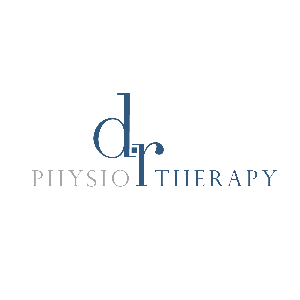Some of Our Professionals In the UK
Helen Hyde | Healing-Minds-Hypnotherapy
Hypnotherapist





Overall Score: 0.0

Staines

1 year experience
Dan Rix | DR Physiotherapy
Massage Therapist | Physiotherapist





Overall Score: 0.0

Manchester
Dan Rix | DR Physiotherapy
Massage Therapist | Physiotherapist





Overall Score: 0.0






